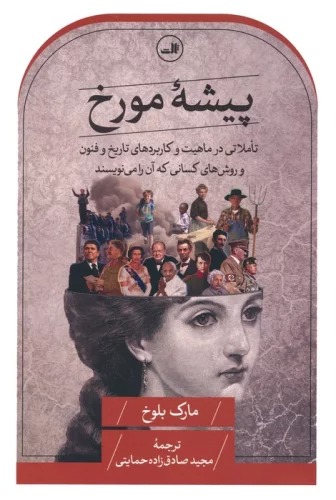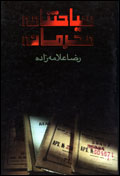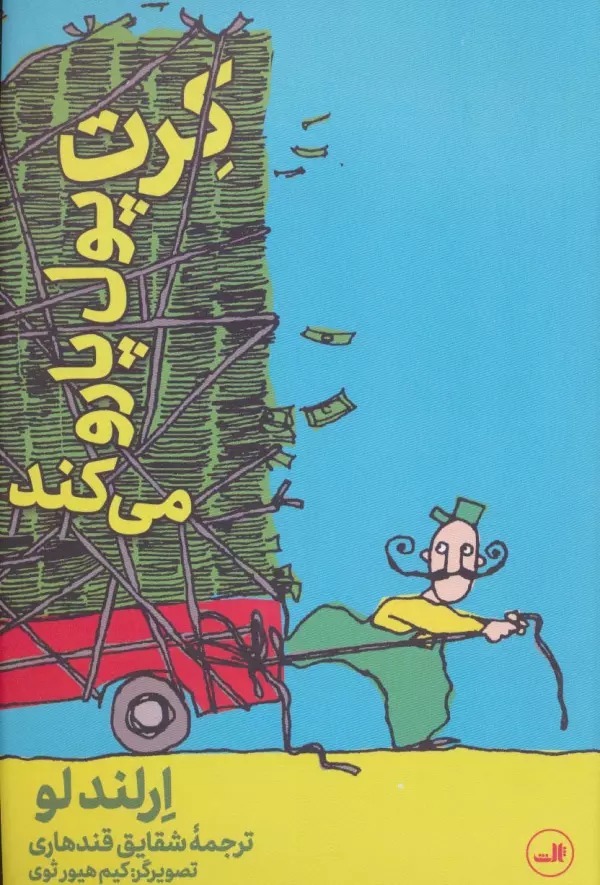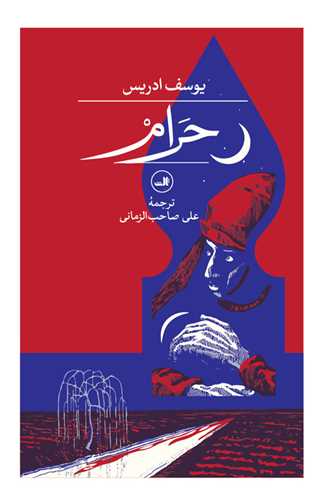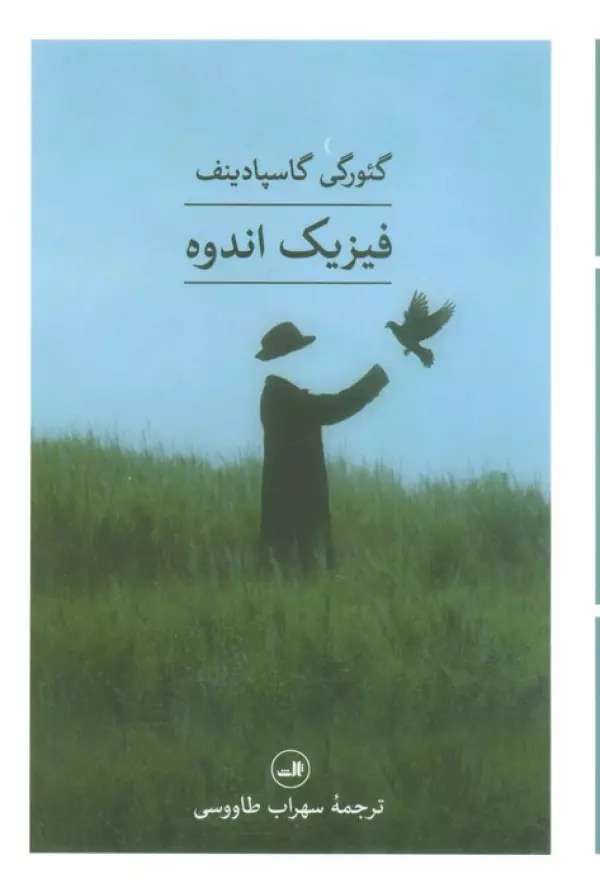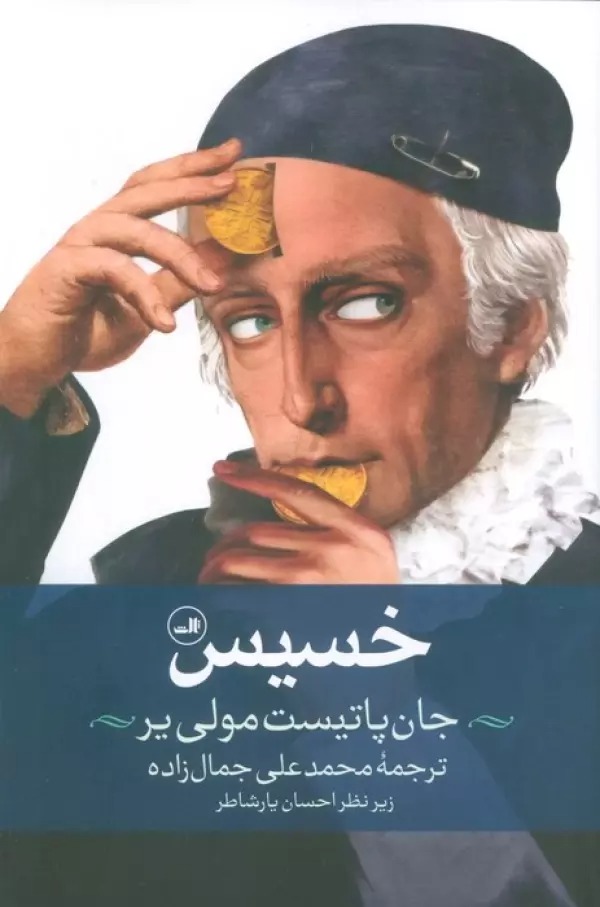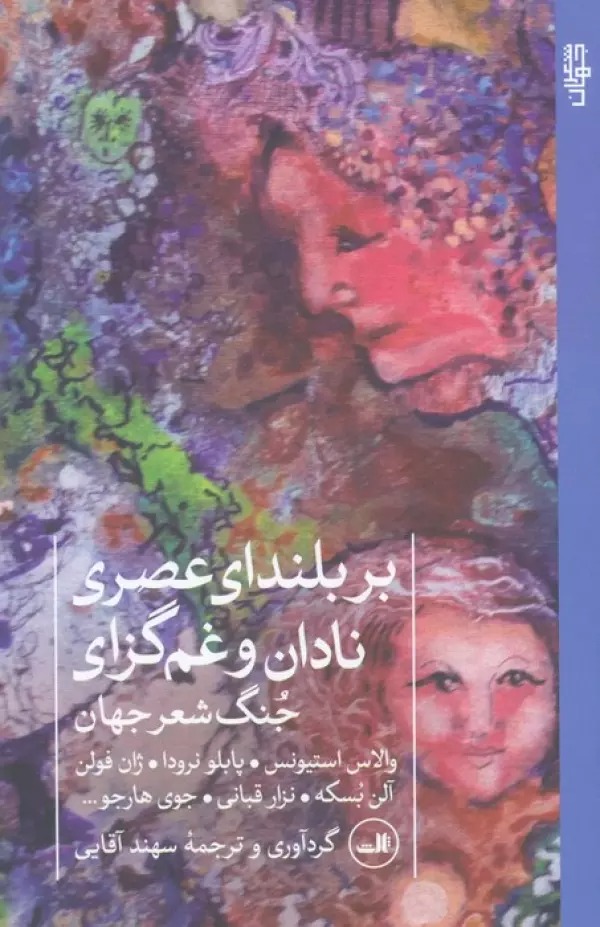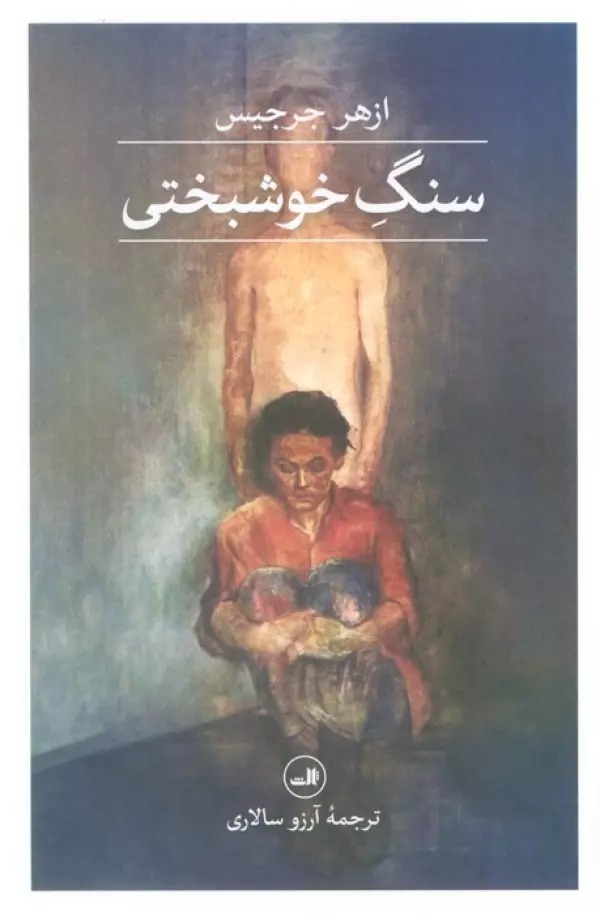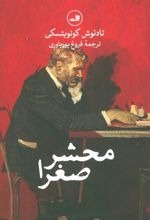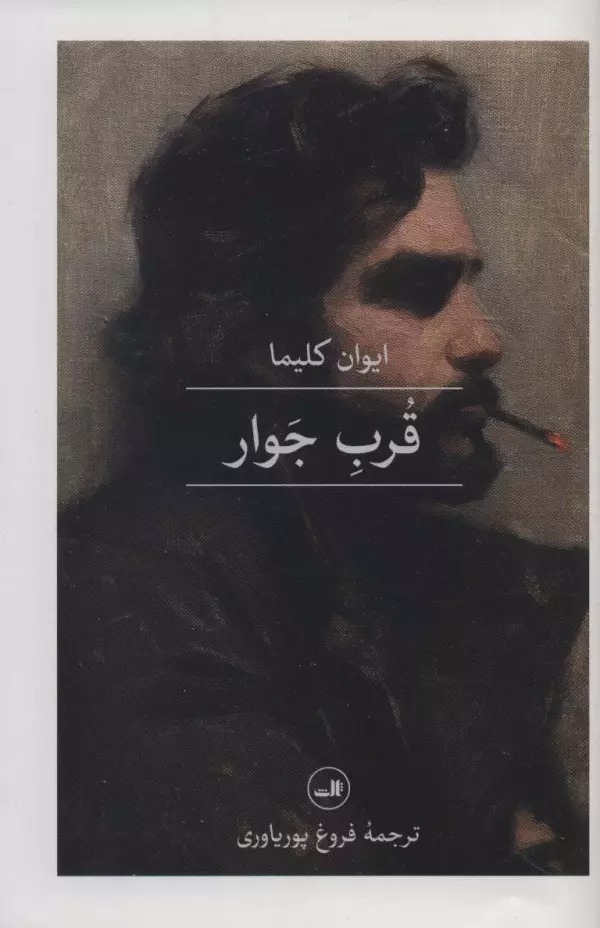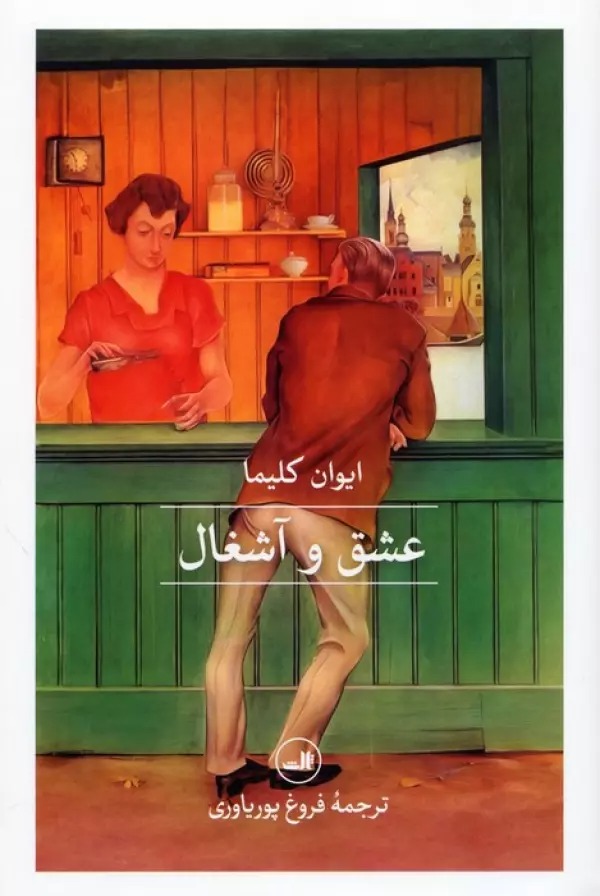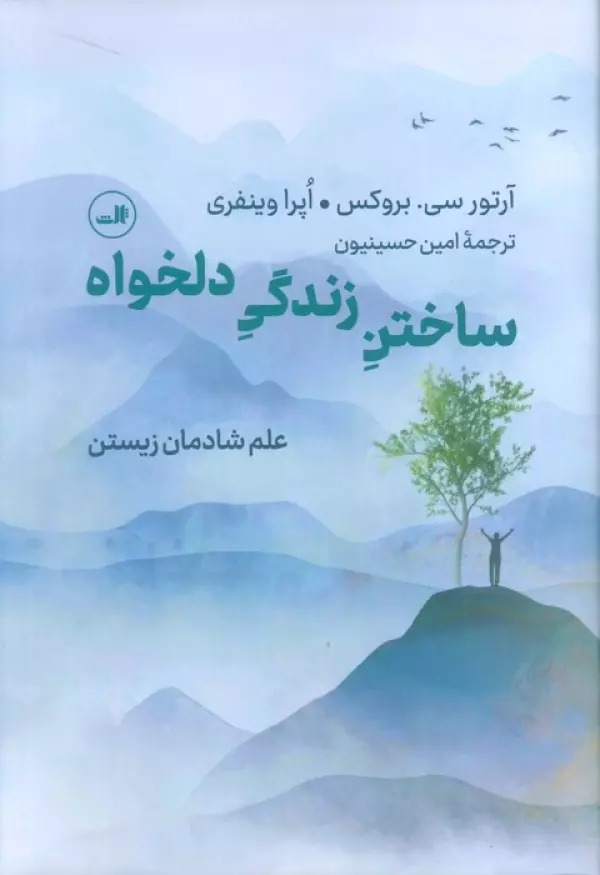پیشه مورخ فارسی 1403
Pishah-yi Muvarrikh
16٫20 $
اشتراکگذاری
Wishlist
شابک:
9786223840739
مترجم:
Majīd Ṣādiq'zādah Himāyatī
ناشر:
sālis
گروه سنی:
بزرگسال
صفحات:
203
وزن:
208 g
ابعاد:
14 x 21 x 1٫8 cm
جلد کتاب:
شومیز
In this classic work, distinguished French economic historian, Marc Bloch, discusses the techniques of historical observation, analysis, and criticism, and the reestablishment of historical causation in assessing events. What is the value of history? What is the use of history? How do scholars attempt to unpack it and make connections in a responsible manner?
While the topics of historiography and historical methodology have become increasingly popular, Bloch remains an authority. He argues that history is a whole; no period and no topic can be understood except in relation to other periods and topics. And what is unique about Bloch is that he puts his theories into practice; for example, calling upon both his experience serving in WWI as well as his many years spent in peaceful study and reflection. He also argues that written records are not enough; a historian must draw upon maps, place-names, ancient tools, aerial surveys, folklore, and everything that is available.
This is a work that argues constantly for a wider, more human history. For a history that describes how and why people live and work together. There is a living, breathing connection between the past and the present and it is the historian’s responsibility to do it justice.
more
«پدر، به من بگو تاریخ چه فایدهای دارد؟» چنین بود که چندسال پیش، پسربچهای که علاقهی ویژهای به او داشتم این سؤال را از پدرش پرسید. کاش بتوانم بگویم که این کتاب پاسخ من به اوست.
مارک بلوخ، مورخ برجستهی فرانسوی و از بنیانگذاران مکتب تاریخنگاری آنال، در این اثر کلاسیک به بررسی روشهای مشاهده، تحلیل و نقد تاریخی میپردازد و سرشت پیوندهای علّی در فرایندهای تاریخی را از نو میکاود. بهرغم اینکه با گذشت دههها از انتشار این کتاب، اسلوب تاریخنگاری و مبانی روششناختیِ پژوهش تاریخی راه کمال پیموده و استوارتر از همیشه شده است، پیشهی مورخِ بلوخ همچنان مرجعی آموزنده و تأملبرانگیز به شمار میرود که ضمن موشکافیهای نغزش در روایتهای تاریخی، بر نظرگاهی جامعنگرتر و انسانیتر به قلمرو تاریخ پای میفشارد.
این کتاب وصیتنامهی بلوخ در مقام یک مورخ است؛ اعلامیهی متفکرانه و صادقانهی یک هنروَر بزرگ دربارهی پیشهاش. بلوخ در این اثر اعتقادش به وحدت کل تاریخ و ارتباط پویای حال و گذشته را که باعث میشود تاریخ فراتر از اسباببازی متفننان باشد، عرضه کرده است. جای تأسف است که او نتوانست کتابش را به پایان بَرد و خود بپیراید. بااینحال، حتی در این اثر ناتمام، بلوخ شیوهنامهای برای همکارانش تدارک دیده و توصیف نابی از اصول اعتقادی مورخ و معنای اثر تاریخی نزد عموم مردم عرضه کرده است.
بلوخ این اثر را چنین پیشکش کرده است: «یادداشتهای پیشهوری که همیشه دوست داشته در وظیفهی روزمرهاش تعمق کند، دفترچهی کارآموزی که سالها با خطکش و تراز سروکار داشته اما خودش را ریاضیدان نمیداند.»
more

